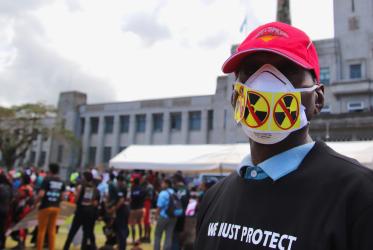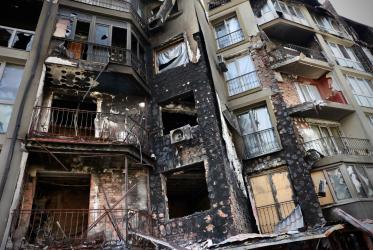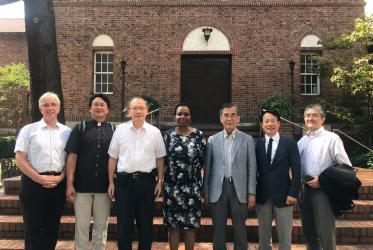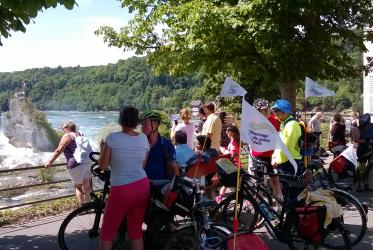Displaying 1 - 20 of 52
Pacific churches call for Japan to halt wastewater dump
29 August 2023
Churches should use their voice on climate change
26 February 2020
In Japan, spirit of koinonia deepens
26 September 2019
All pilgrim routes lead to COP24
11 December 2018
Ecumenical Patriarch addresses Arctic Circle Assembly
16 October 2017
A cycling pilgrimage of justice and peace
07 August 2017
We are called to work on a peace built on trust, not power
04 August 2017







